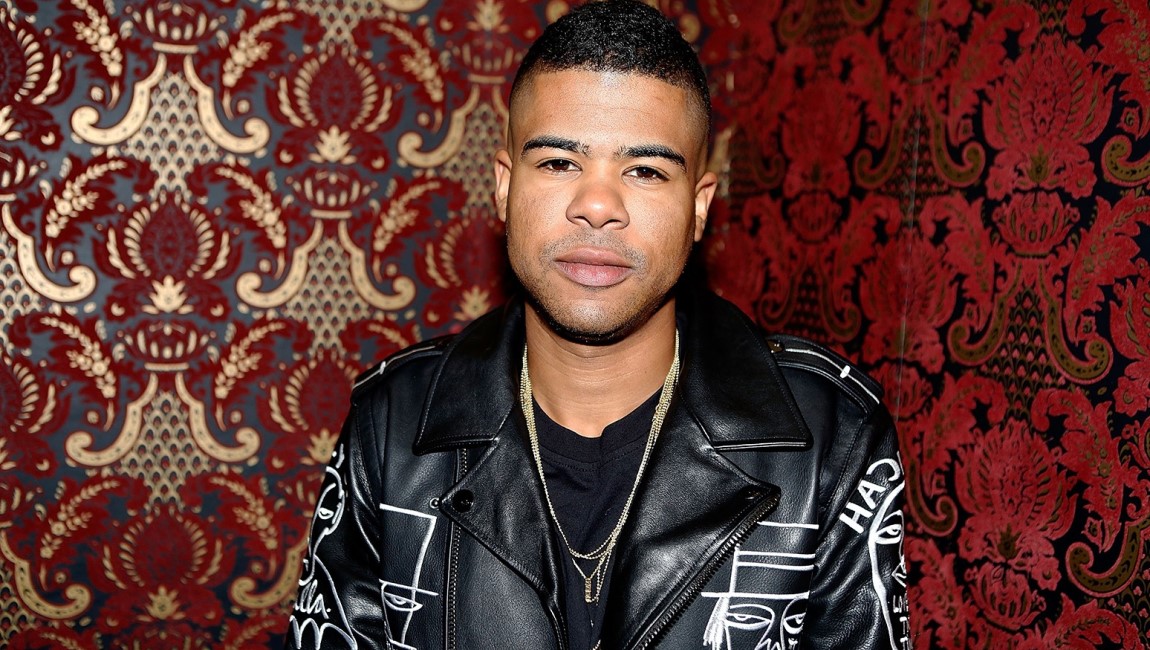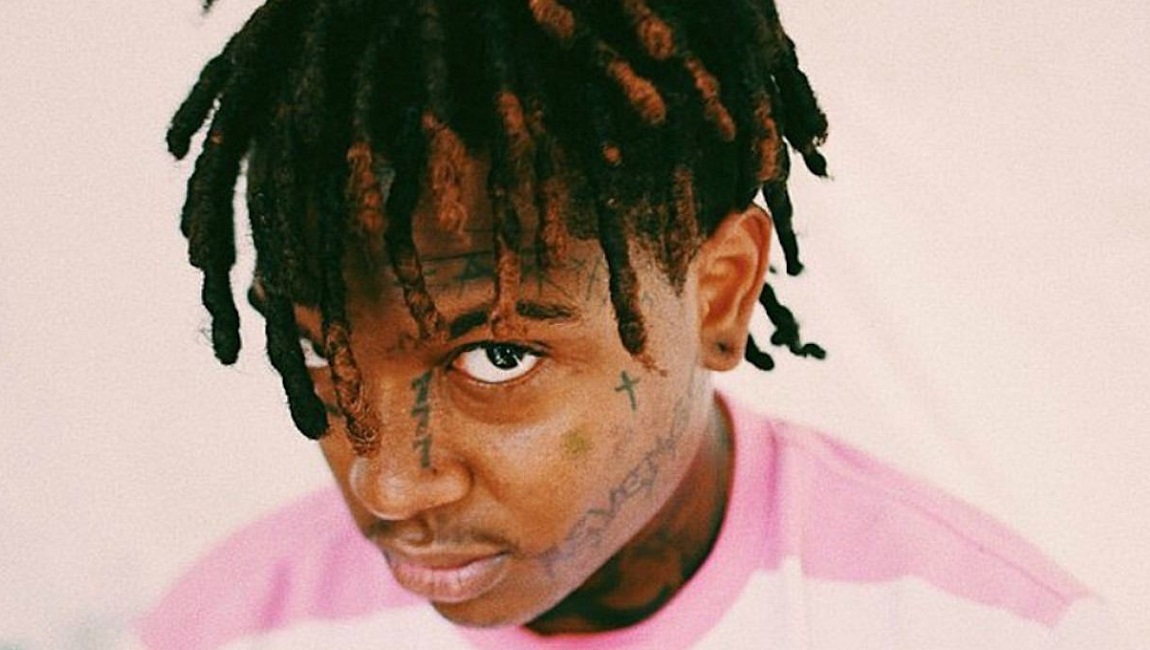DJ Khaled raised a bit of a stink recently, after his eleventh studio album, Father of Asahd, failed to secure the top spot on the Billboard 200, revealing his displeasure in a since-deleted Instagram post that attacked Tyler, the Creator, whose self-produced Igor bested Khaled’s juggernaut of borrowed talent. “I make albums so people can play it and you actually hear it… you know, driving your car, you hear another car playing it. You know, go to the barbershop, you hear them playing it.” This was the reasoning Khaled gave for why he was more deserving of a number one: if others are having a communally shared experience of joy, then the music must be doing something right, basically. In many ways, Khaled does aim to be a harbinger of optimism on Father of Asahd — with a carefully assembled squadron of hip-hop superstars to help him spread a message of positivity. And there’s an undeniable rush to having pre-album single “Top Off” feature Jay-Z calling for Meek Mill’s freedom, and then have the Philly rapper himself show-up twice elsewhere: first in full heartthrob-mode on “You Stay,” alongside global sensation J. Balvin and sex machine Jeremih, and then as the battered victim of a broken judicial system on “Weather the Storm,” with his rapid-fire delivery serving as the perfect counter-balance to Lil Baby’s quavering tenor.
Even hearing a newly energized Lil Wayne fully embrace his pop sensibilities (twice!), or having once-sworn enemies Rick Ross and Jeezy share a track — this only accounts for a few of the many delights found here. SZA radiantly harmonizes across a slowed-down “Ms. Jackson” sample; 21 Savage and Cardi B team up once again for what’s essentially part two to “Bartier Cardi”; Khaled reworks a past hit on “No Brainer,” which takes the line-up from “I’m the One,” sans Wayne, and digs even deeper into pure, unabashed sentimentality; and there’s even a moment of introspection, dedicated to recently murdered Nipsey Hussle. Yet the greatest joy here comes not from one particular guest, but from the feeling of unity created by the act of bringing all these disparate voices together — in the same fight for optimism. So maybe Khaled has a point after all about truly deserving number one — Asahd’s embrace of populism is what’s needed in today’s world more than the unnervingly antsy indifference of Igor. While streaming-era nihilism has seemingly deflated such idealism, we at least have people like Khaled continuing to fight the good fight.
Published as part of What Would Meek Do? | Issue 9







